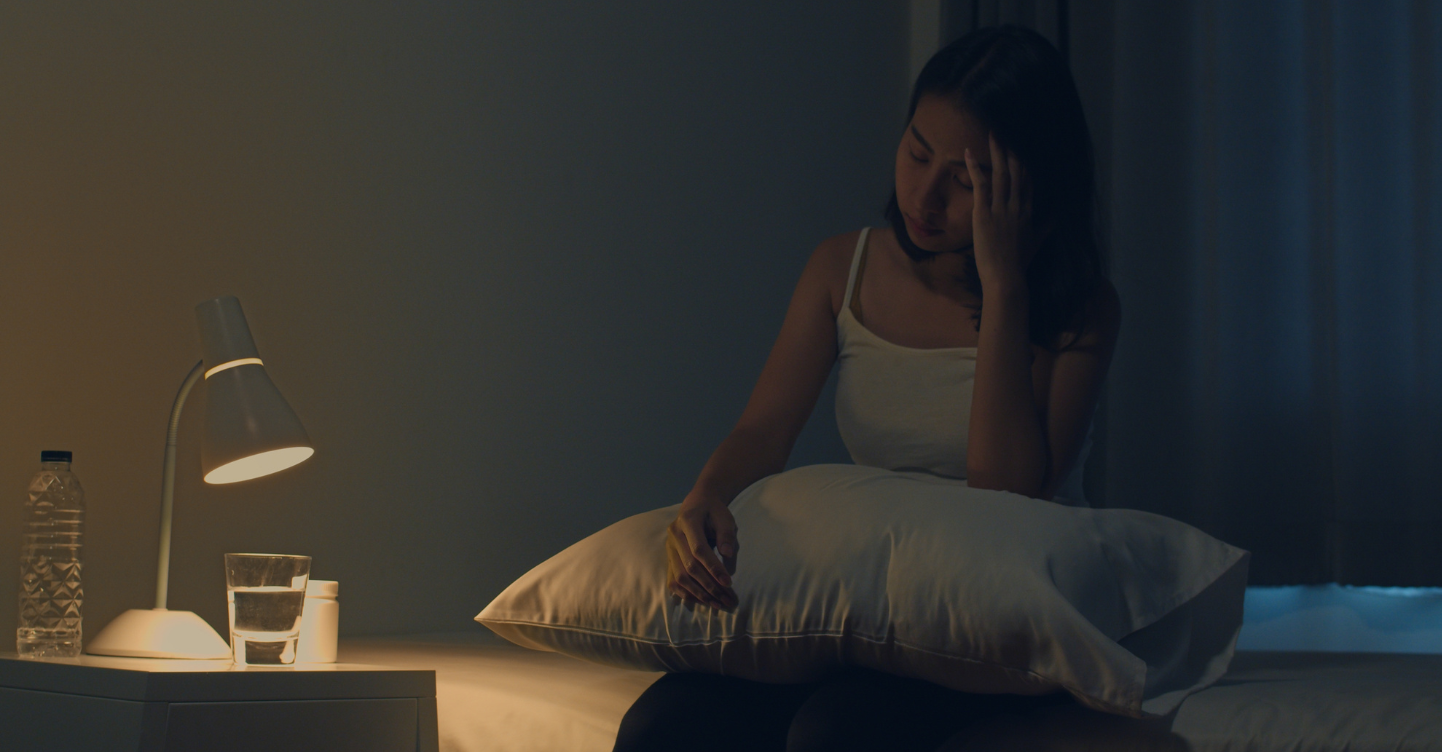
A recent global study by Onebed has revealed that the Philippines ranked third in countries with the worst sleep habits.
The study has analyzed various data points worldwide to determine which countries have the most challenging sleep environments. Factors such as the average hours of sleep per night, air quality index, noise pollution levels, stress levels, and the frequency of Google searches for “sleep deprivation” and “insomnia remedies” were considered.
Each factor was carefully examined to determine its impact on sleep quality and the overall prevalence of sleep issues in each country. A composite score was calculated to rank the countries accordingly.
| Countries | Average Hours of Sleep Per Night | Air Quality Index (Lower-better) | Noise Pollution Levels | Stress Level | Google Search Volume for “Sleep Deprivation” | Google Search Volume for “Insomnia Remedies” | Composite Score |
| Australia | 6.24 | 40 | 38.46 | 5.42 | 66,450 | 47,770 | 0.987 |
| United States | 5.70 | 33 | 46.56 | 7.29 | 692,200 | 446,100 | 0.951 |
| Philippines | 6.13 | 31 | 55.60 | 7.30 | 156,250 | 43,100 | 0.879 |
| United Kingdom | 6.80 | 33 | 46.24 | 5.00 | 143,530 | 77,270 | 0.837 |
| Mexico | 6.62 | 103 | 47.94 | 5.52 | 7,730 | 2,350 | 0.815 |
| Singapore | 6.57 | 56 | 65 | 5.50 | 22,930 | 5,850 | 0.802 |
| India | 6.58 | 84 | 78.40 | 7.40 | 154,420 | 133,420 | 0.798 |
| South Korea | 6.03 | 64 | 50.36 | 8.02 | 6,460 | 1,520 | 0.783 |
| Brazil | 6.67 | 32 | 40.3 | 7.30 | 7,830 | 2,000 | 0.782 |
| Israel | 6.60 | 80 | 49.7 | 7.00 | 5,070 | 1,850 | 0.775 |
Placing in the third spot, the Philippines was marked by a composite score of 0.87. The country suffers from the highest levels of noise pollution at 55.60 and stress among the top 10, severely affecting sleep quality.
Onedbed noted that the average sleep duration in the Philippines is 6.13 hours per night, and the high number of sleep-related Google searches shows that people are still struggling with sleep problems.
Australia ranked first with the worst sleep habits, averaging just 6.24 hours of sleep per night. According to the study, Australians are actively searching for solutions to sleep problems, as evidenced by the high monthly average Google search volumes for “sleep deprivation” with 66,450 searches, and “insomnia remedies” with 47,770 searches.
Meanwhile, the United States took the second spot with a composite score of 0.95. The U.S. faces significant sleep challenges, including the lowest average sleep duration among the top 10 at just 5.7 hours per night. It also has some of the highest levels of noise pollution at 46.56 and stress totaling 7.29, contributing to its sleep problems.
Additionally, the U.S. leads in the highest Google search volumes for both “sleep deprivation” and “insomnia remedies,” indicating a widespread public struggle with sleep issues.

Photo: Freepik
Followed by the Philippines was the United Kingdom, falling to the fourth spot, with a composite score of 0.83. The U.K. manages a relatively moderate noise pollution level of 46.24 and a stress level of 5.00 but still faces significant sleep issues, as indicated by over 220,000 Google searches related to sleep deprivation and insomnia each month. The average sleep duration in the U.K. is 6.8 hours per night, but the concern for sleep quality remains high, as reflected in the public’s online search behavior.
Mexico secured fifth place with a composite score of 0.81. Mexico has the worst air quality among the top 10, scoring 103, significantly impacting sleep quality. Coupled with high noise pollution levels of 47.94, these factors contribute to the country’s sleep problems.
Singapore is sixth with a composite score of 0.80. Singapore struggles with high levels of noise pollution at 65 and a stress level of 5.50, leading to widespread sleep challenges. The country also has one of the highest Google search volumes for “sleep deprivation,” totaling 22,930 on average a month. The daily sleep duration is 6.57 hours per night in Singapore.
India ranked seventh with a composite score of 0.79. India faces the highest noise pollution levels among the top 10, at 78.40, and a significant stress level of 7.40, which contributes to poor sleep quality. The country also has the second-highest monthly Google search volumes for both “sleep deprivation” and “insomnia remedies” after the U.S., indicating widespread sleep issues.
South Korea came in eighth with a composite score of 0.78. South Korea has one of the highest stress levels among the top 10, at 8.02, which, combined with significant noise pollution of 50.36, makes it difficult for the population to achieve restful sleep. The average sleep duration is just over 6 hours per night.
Brazil ranked ninth with a composite score of 0.78. Brazil experiences moderate noise pollution at 40.3 and stress levels at 7.30, but the country’s sleep habits are still affected, with an average sleep duration of 6.67 hours per night.
Israel rounded out the top ten with a composite score of 0.77. Israel faces significant challenges with poor air quality at 80 and moderate noise pollution at 49.7, which leads to sleep difficulties. The average sleep duration is 6.60 hours per night, and the relatively high number of searches for sleep-related remedies indicates a public concern about sleep quality.
Dylan Tollemache, the Co-Founder & CEO at Onebed commented on the study: “Sleep is something we all need, but it’s becoming increasingly clear just how challenging it is for people across the globe to get a decent night’s rest. It’s no surprise to see Australia leading the charge, with so many of us turning to the internet for help with sleep issues. What struck me most was the sheer volume of searches for sleep-related problems here in Australia, even though we’re getting the most hours in bed. It’s clear that sleep quality is becoming a bigger concern, and it’s something we need to start paying more attention to.”
You may view the full data here. This study was conducted by Onebed.
What are your thoughts on this? Tell us in the comments!






